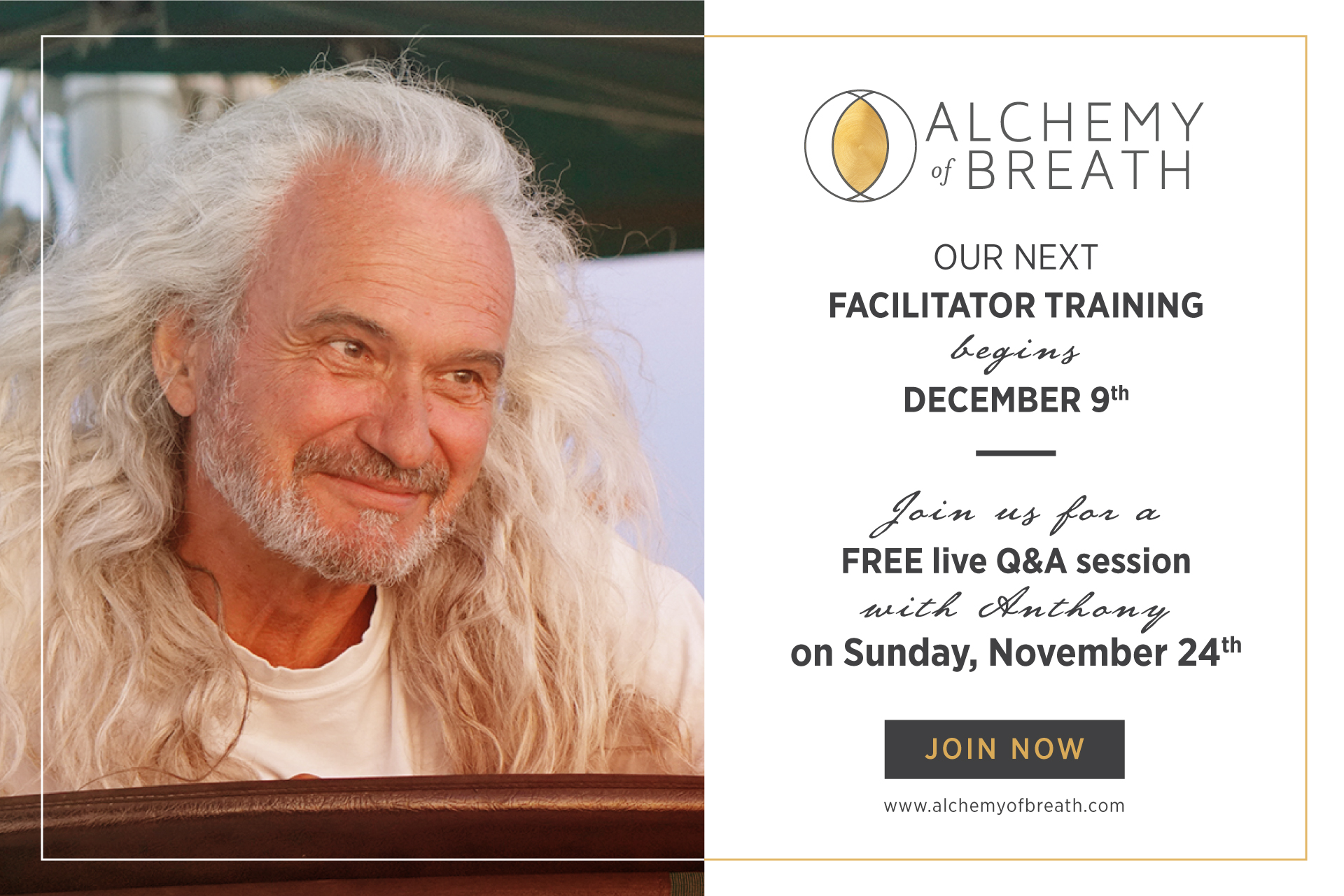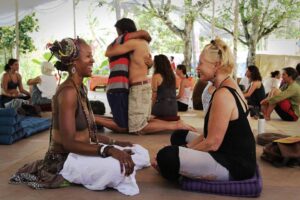That we accept that we are on a spiritual path is a precarious assumption. It implies that this is a step by step process as we make our way from A to Z. But since when has spiritual awareness come in a linear fashion?
It may be a human need to measure accomplishment as a way to forget that familiar emptiness of not belonging, but in the spiritual realms there is no accumulation of points, hours or deeds that makes one of us more holy than the other.
So when we use terms like ‘he is on the path,’ may we remain alert to the hidden consequence of favoring those we consider to be on the path, lest we unconsciously condemn those that appear not to be, to a lesser form of existence.
The bible says that ‘the meek shall inherit the earth,’ a statement that has fascinated me since I first heard it. I looked it up:
meek |miːk|
adjective
quiet, gentle, and easily imposed on; submissive: she brought her meek little husband along.
I am not sure what ‘inheriting the earth’ may mean, but I suspect that those who claim superiority are not true leaders. Leadership is not the result of my claim to be spiritually evolved, or more ‘advanced on the path’ than my neighbor.
On the first page of his autobiography, Mahatma Gandhi said that he was smaller than a speck of dust on the sole of a shoe. That seems pretty meek to me, yet here was a man that overturned a paradigm enforced by the domination of an empire state with its military might.
So how does ‘meek’ figure, as we move towards own inner leadership, and therefore our outer example for others to be inspired by? When you look at the figures that inspire you most, what are the characteristics you note again and again?
Today, in our Student Hub call that I do every fortnight, loneliness was the feeling that was shared. Many agreed that with the journey they were making with the Teacher Training, there was a sense of loneliness, not being understood. This is a necessary part of preparing ourselves for the task ahead, to feel this loneliness.
Many years ago, when I asked a crowd of 60 breathers who felt like an outsider, everyone put up their hand. I asked them to take a look at all the other ‘outsiders’ in the room, and as they did, the silence was broken by a few giggles at first, then full laughter as we all realized that there were no outsiders here. We all belonged, together.
I see many students go through the corridors of loneliness as they grow in preparedness to serve as Facilitators. When I ask: “How long has the ‘lonely one’ been inside you?,” the answer is almost always many, many years.
What I have come to understand is that as we become more aware that our vulnerability is our greatest strength, we get to create the space for the lonely one to exist. It is only natural that (s)he will use that space, become more present to our awareness, and it is our chance to really feel and inquire into this state that we have avoided up until now. There is much richness to be found in this state that we have sought to avoid our whole lives; indeed it is the passageway from weak neediness to the strength of solitude.
Leadership need not be a lonely place. It will attract people into our lives that we most care for, and that care for us just as we are. Solitude is the capacity to be different and no longer ashamed to be so.
The first person to introduce a new concept or idea might seem strange, until someone else agrees or follows suit. Then what seemed abstract becomes a little more ‘normal;’ more and more see the point to it, and it becomes a trend.
This is the solitude of leadership, but it cannot be worn authentically until we have become intimate with our loneliness first. For those who have felt that they have not belonged, may we celebrate that instead of feeling ashamed about it. The outsider is the one that observes and learns to see in a different way; to see with the vision of a leader.
Then perhaps we can understand that we needed to fully feel the loneliness, in order to realize that we are surrounded by loving company.
Blessings to you,
Anthony







